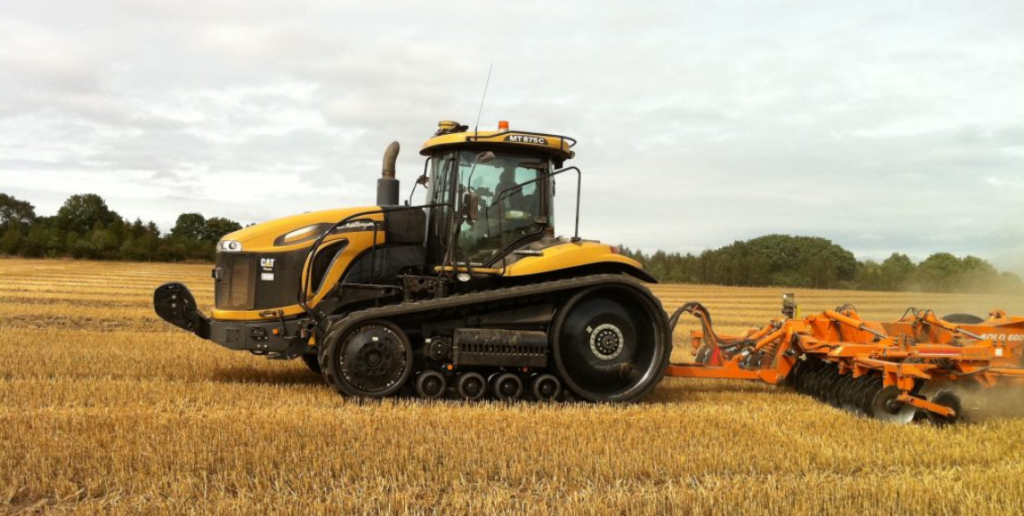It looks like arable movers, shakers and advisors seem to be moving away from yield, costs and profits towards the birds, bees and ecology. They’re ‘following the money’ as Warren Buffett might say. Today they are making the choice between AHL1 (pollen and nectar flower mix) at £739 / ha/year or leaving their Sustainable Farming Incentive programme at AHL3, (grassy field corners and blocks) at £590. The question is “will the marginal returns of going for the more expensive mix cover the added expense over the field corners?
Are the corners going to satisfy outcomes more easily than the pollen?” The SFI actions can extend to 25% of the farm, enough to alter investment decisions “will we need that bigger seed drill, combine or tractor when our acreage is reduced?” “Should we max out on SFI on the basis that the world grain market will continue to be well supplied with static or even depressed prices, even in a world with wars, storms, flood and drought?”
Advisors will be following the money as well. Graduates in ecology or environmental science find multiple openings for salaried work with numerous organisations which, only a few years ago, had no-one looking after this side of their business. It’s a new science with tentacles that reach back to the development of life on earth. It was not so long ago that ecology and the environment were areas of study that had a dilettante appeal that competed with art history and other esoteric areas of study. Ecology today has become mainstream and headline news, and there’s a danger it will leave the study and world of agriculture in it’s wake. Why not have both?
The agronomist who can advise on outcomes of both crop production and ecological enhancement has two vital feathers to their bow. The advisor who understands the downsides and well as benefits of traditional chemistry but who also has knowledge and experience in using bio-stimulants of all varieties is likewise one who can make the most of both nature and the continuously changing technology of agri-chems in its widest sense. Research and progress needs to continue at a useful pace, keeping on top of challenges which will present themselves as a consequence of climate change and other events.
What starts off as being a basic study leads to dozens of important interlinked pathways, all having a major significance to food production and other farming outcomes. I truly believe that Direct Driller has a lead in publishing the integration of farming and ecology in the quality of it’s articles (thank you contributors), and the quality of its readers (thank you, readers). I am always interested in contacts with both groups. mike@ farmideas.co.uk

